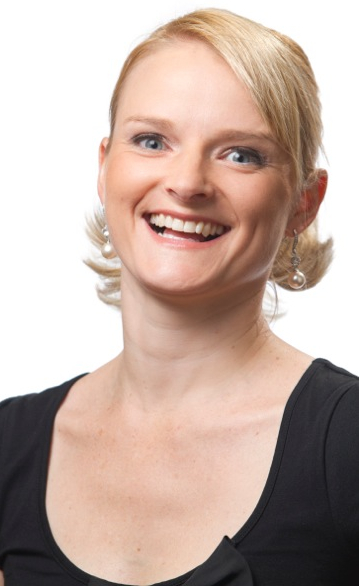Telehealth: Rewriting the rules for SMB health professionals today

There is no doubt that technology is transforming the small business landscape. One such business is Physios Online, founded and run by Melbourne-based musculoskeletal physiotherapist Karen Finnin, which specialises in providing long-distance physiotherapy consultations to people who live and work in remote locations.

Using a combination of Skype video calls, digital imaging, and online engagement to provide diagnosis and rehabilitation plans to injured individuals, Physios Online has helped people to recover from injuries in places as diverse as Japan, Haiti, and East Timor.
After many years of practising as a traditional physiotherapist, Finnin said she came to start her online telehealth practice in 2010, after having to leave East Timor and realising that a gap existed in servicing areas such as East Timor, thanks to a combination of remoteness and political instability.
"I had started a physiotherapy practice in the capital of East Timor, Dili, whilst living there with my husband, who was serving in the Australian Army. My objective was to service the injury needs of the thousands of expats who were living and working in the country, which at the time had very limited medical services.
"I said to my husband, 'Wouldn't it be fantastic if people living and working in remote locations could access physiotherapy injury management services online.?' He agreed and suggested that I make it happen, so I did.
"In a very short time, I entered the digital world, realising immediately how little I knew, but I haven't looked back for a second."
Physios Online is one of many new businesses in the telehealth sector, with medical and health practitioners offering their services online to people in every corner of the planet.
The transition from a mainstream physiotherapy practice to an online one wasn't without challenges. Finnin found that simply having a website wasn't enough to guarantee customers, with marketing and customer education needed to get her message across.
"In the beginning, I had absolutely no experience in the online world. Sure, I could use Skype, but there were so many other elements that I needed to figure out," she said.
A massive challenge has been educating the world that in most cases, up to 80 percent, injury management can be carried out just as effectively online as in a 'face-to-face' setting
"In what is typically considered a 'hands-on' profession, a massive challenge has been educating the world that in most cases, up to 80 percent, injury management can be carried out just as effectively online as in a 'face-to-face' setting. There is extensive independent research that shows that online injury diagnosis is equally as accurate as 'face-to-face' diagnosis. In addition, injury treatment via online methods is at least as effective as traditional 'face-to-face' methods.
"The proof is there ... we just have to continue to push this message to health consumers."
Apart from the satisfaction that comes from helping people in need of injury rehabilitation services who previously haven't had access to physiotherapy services, there are few competitors in the online health care space for Finnin and Physios Online, which means there is considerable opportunity for innovative health professionals.
It is relatively easy to become an industry leader in a growth area where there are few organisations doing things well. The health industry as a whole can be quite steeped in rules, research, and regulations, but by forging into a new and modern era of health service provision, many of the older limitations don't yet exist. This encourages practitioners to think differently and seek out opportunities that previously did not exist.
Whilst the main innovation for Physios Online was the utilisation of real-time video consultations, other technology was incorporated into the business at the same time.
Finnin partnered with the developer of an app that sent photographs and videos of prescribed exercises to patients. This means that a tailor-made rehabilitation exercise program, with very specific details and graphical explanation, can be sent to each and every patient. Once a customer downloads the free app, it can be populated with their customised program, which will show real-time videos of the exercises that they have to do.
Other SMBs using technology
Many patients describe this service as having a physiotherapist in their pocket.
Technology-wise, Physios Online has also made use of cloud-based accounting software; apps to generate tailored "3D-style" images to educate patients; video call recording for all consultations, which aids the patient's memory and the business' record keeping; and the use of project management software within the business.
When asked about the future of online health, Finnin was enthusiastic, saying that as a pioneer of an online health service, the onus is on her to demonstrate that technology-based health services are trustworthy, safe, and effective.
"The introduction and utilisation of technology in the health care sector is extremely exciting. Traditionally, the highest levels of health care have been reserved for people within geographical reach of the best experts, services, and equipment.
"Through the use of technology, health professionals and the expertise they offer are within the reach of anyone with an internet connection. Taking away the geographical limitation is good for both the health practitioners and the patients alike."
To an outsider looking in, it seems obvious that health services being offered online will continue to grow and become increasingly utilised by consumers — as long as there are smart, dynamic, and innovative health professionals leading the way.